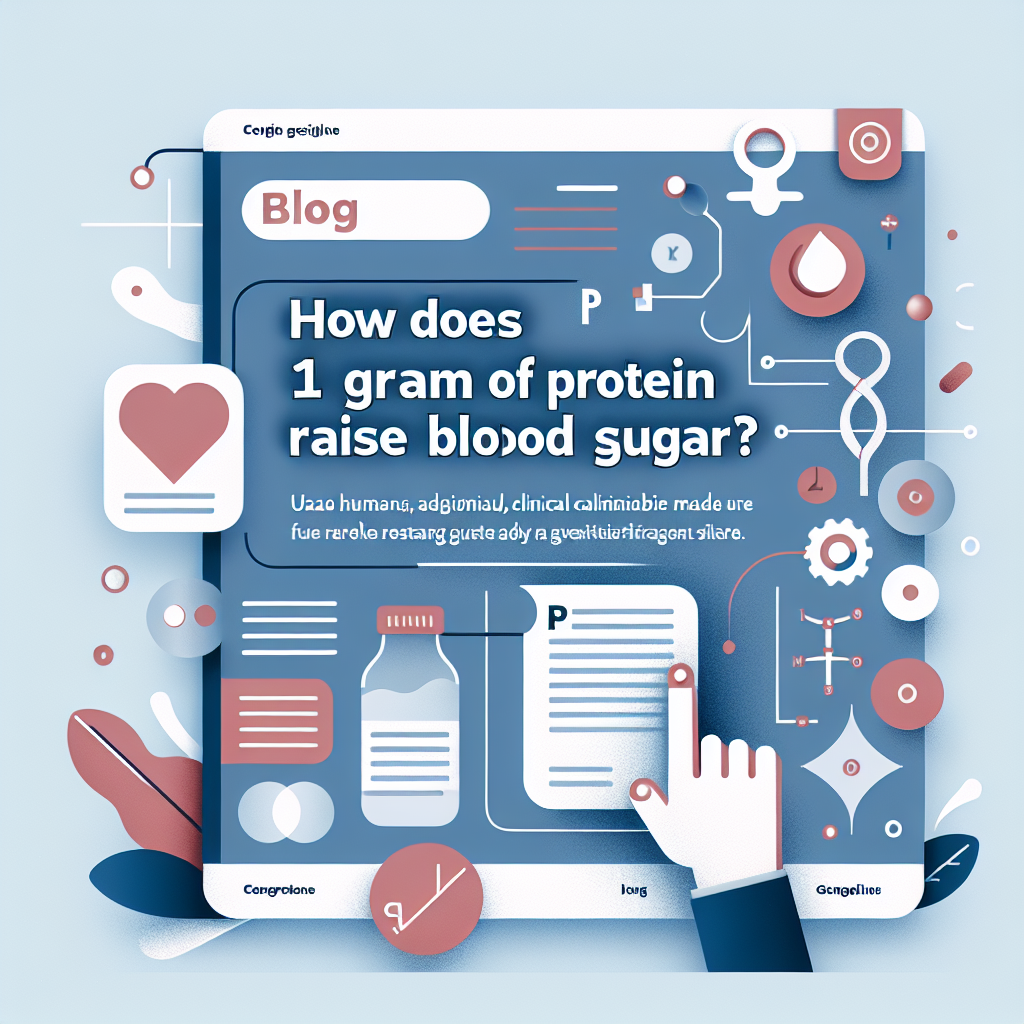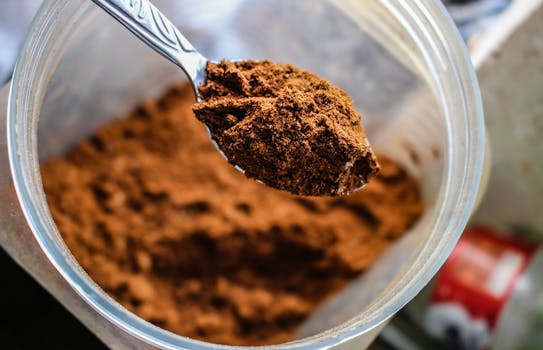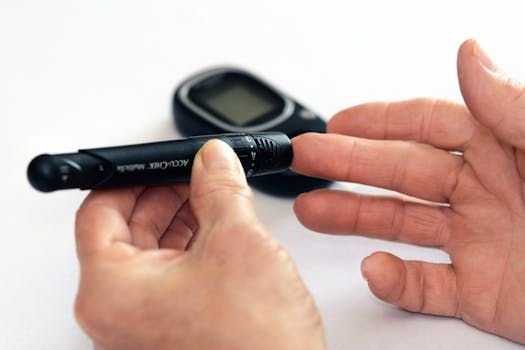If you’ve ever wondered how much does 1 gram of protein raise blood sugar, you’re not alone. Many people with diabetes, caregivers, and curious readers want a clear, practical answer. Protein behaves differently from carbohydrates in the body: it doesn’t cause the rapid glucose spikes that carbs do, but it can still affect glycemia through digestion, insulin response, and metabolic pathways like gluconeogenesis.
How much will one gram of protein affect your blood glucose?
Short answer: for most people, a single gram of protein causes a very small immediate rise in blood glucose — often too small to measure — but the total effect depends on the amount of protein, your current metabolic state, and whether carbohydrates are present. This is why questions such as does protein raise blood glucose or can protein lower blood sugar come up so often: protein has mixed effects.
When you eat protein, it’s broken down into amino acids. Some amino acids can be converted into glucose through gluconeogenesis, but this is a slower process than carbohydrate digestion. So does protein turn into sugar? Yes, sometimes — but not directly or rapidly like carbs. The phrase can protein turn into sugar captures that nuance: certain amino acids may become glucose when needed, especially during fasting or low-carb intake.
Because of that slower conversion, protein blood sugar impacts are often delayed and modest. For many people with well-controlled diabetes, moderate protein (for example, 20–30 grams at a meal) may produce little immediate blood glucose change and can even blunt post-meal spikes by slowing gastric emptying. That’s why people ask will protein lower blood sugar — in mixed meals, protein often helps stabilize levels by reducing the speed at which carbs are absorbed.
Protein and blood sugar levels: timing and context matter
Context is key for protein and blood sugar levels. If you eat protein alone, insulin secretion can increase because some amino acids are insulinogenic. This can lower blood glucose in some cases. Conversely, if you’re on a low-carb diet or fasting, the body may rely more on gluconeogenesis and generate glucose from amino acids, which can raise blood sugar slowly over hours.
Does protein raise blood glucose more than carbs? Generally no — carbohydrates are the primary driver of rapid glucose rises. Sugar and protein interact: when eaten together, protein tends to blunt the immediate rise caused by sugar. This interplay explains why mixed meals often produce different glucose curves than isolated macronutrients.
Practical numbers: what the research and clinical practice suggest
Quantifying exactly how much a single gram of protein raises blood glucose is difficult because personal responses vary. Clinical guidance often focuses on grams per meal rather than per gram. Some studies and clinical observations suggest that replacing part of carbohydrate calories with protein can reduce peak postprandial glucose, while large amounts of protein (above typical meal portions) may cause a measurable delayed increase.
For people tracking insulin dosing, many diabetes care teams advise counting carbohydrates and considering protein and fat for extended or delayed insulin effects. Continuous glucose monitoring (CGM) data often shows small delayed rises after very protein-heavy meals in some individuals. That variability underscores why simple rules like “1 gram of protein equals X mg/dL” aren’t reliable without personalized testing.
If you’re evaluating supplements, especially protein powders, check tailored advice and ingredient lists; some powders contain added sugars or carbs that will more directly affect blood sugar. For more targeted guidance on protein supplements for people with diabetes, consider this resource: descriptive anchor text.
When to be cautious: people with kidney disease, certain metabolic disorders, or those using insulin should consult their clinician before dramatically increasing protein intake. Monitoring blood glucose after changes in diet — ideally with CGM or frequent finger-stick checks — is the best way to determine individual effects.
For basic information about diabetes and how the body handles blood sugar, the CDC provides an accessible overview that explains the fundamentals: https://www.cdc.gov/diabetes/basics/index.html.
- Takeaways: Protein generally causes small, delayed changes in blood sugar rather than rapid spikes produced by carbohydrates.
- Takeaways: Protein can sometimes lower blood sugar when eaten with carbs by slowing absorption and stimulating insulin; it can also be converted to glucose slowly through gluconeogenesis.
- Takeaways: Individual responses vary — use monitoring (CGM or fingersticks) to see how protein affects you personally.
Q: Can protein lower blood sugar immediately after a meal?
A: Protein can blunt immediate post-meal glucose spikes when eaten with carbohydrates by slowing digestion and promoting insulin release, but it rarely causes a rapid drop by itself. The net effect depends on portion size and meal composition.
Q: Does protein turn into sugar in the body?
A: Some amino acids can be converted into glucose via gluconeogenesis, so in that sense protein can turn into sugar. This conversion is slower and regulated, so it’s different from the quick glucose rise caused by eating carbohydrates.
Q: How should I test the effect of protein on my blood sugar?
A: Try a controlled test: eat a protein-only meal and monitor blood glucose over several hours, or use CGM data to compare mixed meals. Work with your healthcare team to interpret results and adjust insulin or meal planning if needed.






